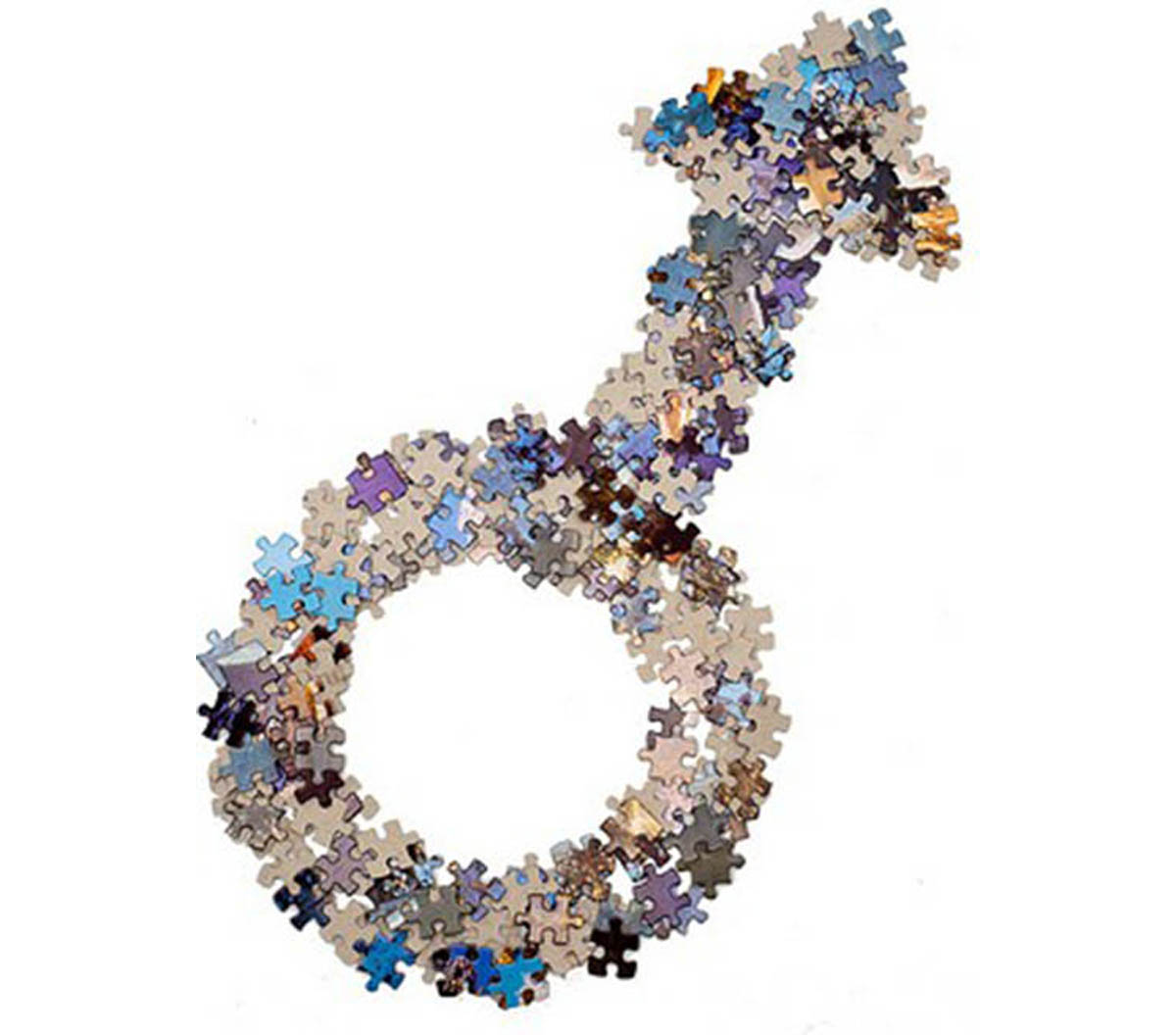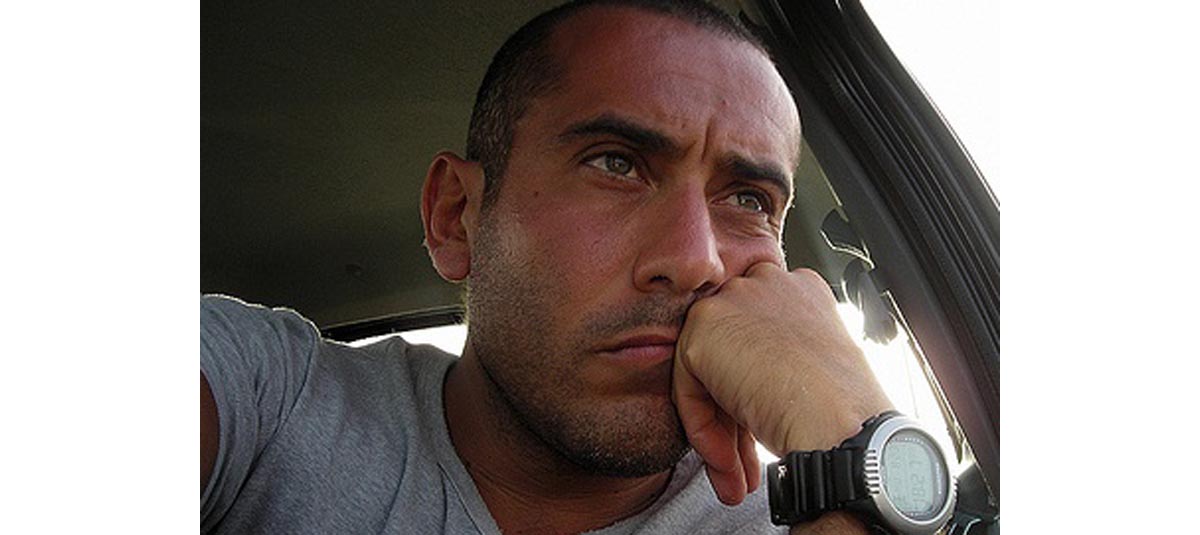When a man seeks medical help in becoming a father, one of the first conditions the physician will consider is varicocele. About 1 in 5 of all men have some degree of varicocele, but about 2 in 5 infertile men will be diagnosed with the condition.

In varicocele, however, size does not really matter. Surgical correction of varicoceles of any size is about equally likely, or unlikely, to help a couple to become pregnant.
What Causes Varicocele?
A varicocele is essentially a varicose vein. When a vein becomes "varicose," it loses its ability to send blood back to the heart.
Just like veins in the legs, the veins that serve the testicles have to work against the force of gravity. When their valves are weak or absent, blood tends to accumulate rather than being sent back to the heart. In varicocele, blood tends to accumulate in an area known as the pampiniform plexus. The accumulation of blood heats the testes (the sperm-producing organs within the testicles), and reduces the amount of oxygen available to sperm-producing tissue.
What Effect Does Varicocele Have on Fertility?
It seems logical that poor circulation would lead to problems with sperm formation, but researchers have not yet found a direct link between varicocele and male infertility.
There is a common idea, for instance, that varicocele would cause shrinking testicles, so sperm production would be diminished. When men have a failure to produce a hormone called follicle stimulating hormone (FSH), however, the tested are often much smaller than they are with varicocele, yet sperm counts can be much greater.
There is also an idea that poor oxygenation causes progressive deterioration of the tissues in the testicles. There is no doubt that oxidative stress, with the formation of free radicals, causes DNA defects in sperm. However, this problem also occurs in men who do not have varicocele.
What Effect Does Surgical Correction of Varicocele Have on Fertility?
Because a varicocele presents an obvious problem, surgical correction of the variocele with a procedure known as varicocelectomy is often performed. The procedure may be done surgically, but nowadays most of the time it is performed as a percutaneous procedure. An interventional radiologist makes a small incision, usually in the groin, and threads a small pipe known as a catheter through a vein to the testicular vein. Then the radiologist injects a chemical to kill the tissue in the vein so that blood flow has to be redirected to surrounding, smaller veins.
Replacing a larger vein with several smaller veins may seem like an odd way to increase circulation, but the basic problem in varicocele is pressure. The testicular vein gets backed up with blood from the renal vein, because the renal vein is between two major arteries. Smaller blood vessels do a better job of increasing blood flow than the larger testicular vein, and more oxygen flows to the testicles. More blood flow almost always results in greater sperm production.
But greater sperm production does not automatically mean more babies. In fact, a Cochrane Reviews meta-analysis of eight studies show that couples in which the male partner has varicocelectomy have a 33% chance of getting pregnant within one year, while couples in which there is only counseling have a 36% chance of getting pregnant within that year.
Ten Tips For Couples Trying To Get Pregnant - Whether Or Not The Male Partner Has Varicocelectomy
There may be special situations in which a varicocelectomy is still a good idea. Only you and your doctor can determine this. But the counseling that is given to couples who do not opt for varicocele treatment is also valid for those who do. Here are 10 suggestions for couples trying to get pregnant who are concerned about the male partner's varicocele.

1. Keep your blood vessels flexible by making sure you control high blood pressure.
Controlling high blood pressure is not just important for your cardiovascular health. Controlling high blood pressure is also important for your reproductive health.
Keeping blood pressure down helps veins and arteries remain more flexible so the testicular and renal veins retain less blood, sending it up the body and back to the heart.
2. If you use a mountain bike, get a hornless seat.
Mountain bikes, far more than street bikes and exercise bikes, place extreme pressure on the groin that can injure the testicular vein. Injury to the soft tissues around the vein can interfere with circulation. If you use a mountain bike, take the pressure off your privates with an oval, hornless bicycle seat.
3. Avoid constipation.
Occasional irregularity is extremely unlikely to have any effect on male infertility. Any kind of blockage in the gut, however, can place pressure on the veins that drain the testicles. Avoiding constipation may not have any direct relationship to sperm count, but it may make pregnancy more of a possibility.
4. Wear boxers, not briefs.
Boxers allow the testicles to hang down, away from the body, keeping them cooler. Since, theoretically, the major problem with varicocele is overheating of the testes that causes sperm to die before they enter the semen, wearing boxers would reduce this effect of varicocele.
5. "Save up" semen for intercourse intended to conceive a baby.
More semen means more sperm. When the sperm count (which is measured in terms of millions of sperm per milliliter of ejaculate) is low, increasing the amount of the ejaculate compensates by providing greater volume containing more sperm. Avoiding intercourse when the female partner is not about to ovulate and avoiding masturbation increases the likelihood of conceiving a baby. It is not necessary to avoid ejaculation indefinitely. Most men only accumulate semen in the prostate for 1 to 4 days.
6. Time intercourse with the female partner's fertility.
An amazing number of men do not realize that women are not fertile 365 days a year. Conception is only possible before and at the time of ovulation, the approxiimately mid-point of a woman's menstrual cycle when her ovaries release the egg. Since the sperm take 1 to 3 days to "swim" from the cervix to the openings of the ovaries, it is necessary to have intercourse before ovulation. Various kinds of monitoring devices, such as the ClearBlue system, help determine the right time to have intercourse in order to conceive a child.
7. When having sex to conceive a child, do it in the missionary position.
Positions during sex do not make a difference unless the female partner is at the right point in her menstrual cycle. When she is near ovulation, however, it is best to have sex with the man on top. This position forces the erect penis further into the cervix, giving sperm a shorter path to the uterus.
8. Avoid compromising sperm quality by avoiding excessive alcohol and street drug use.
The few men who are more likely to become fathers after having a varicocelectomy are those who have problems with sperm quality, not sperm count. Another way to maintain sperm quality is to avoid excessive consumption of alcohol and street drugs. There actually is very little scientific data to show that sperm quality is actually influenced by alcohol, drugs, or smoking, but if you want to become a father, you probably do not want to take that chance.
9. Be sure to get omega-3 essential fatty acids in your diet.
Omega-3 essential fatty acids are the "good fats" found in fish oil, and that the body can make from certain healthy plant oils, especially flaxseed oil. Small amounts of these oils, as little as 1 gram a day, help the body to regulate and limit inflammation. Since inflammation of all kinds places pressure on the testicular vein, reducing inflammation increases circulation and may increase the likelihood of conception.
10. Don't try any single intervention indefinitely.
Don't just "keep trying" to have a baby more than 12 months without seeking medical advice. The older the partners get, the harder it is to conceive and carry a baby to a healthy birth. While all the advice here applies to couples trying to conceive at any age, couples who do not achieve a pregnancy within a year should seek medical intervention. Both the male partner and the female partner have to participate in treatment.
- Kantartzi PD, Goulis ChD, Goulis GD, Papadimas I. Male infertility and varicocele: myths and reality. Hippokratia. 2007 Jul.11(3):99-104.
- Wang YJ, Zhang RQ, Lin YJ, Zhang RG, Zhang WL. Relationship between varicocele and sperm DNA damage and the effect of varicocele repair: a meta-analysis. Reprod Biomed Online. 2012 Sep.25(3):307-14. doi: 10.1016/j.rbmo.2012.05.002. Epub 2012 May 23.

